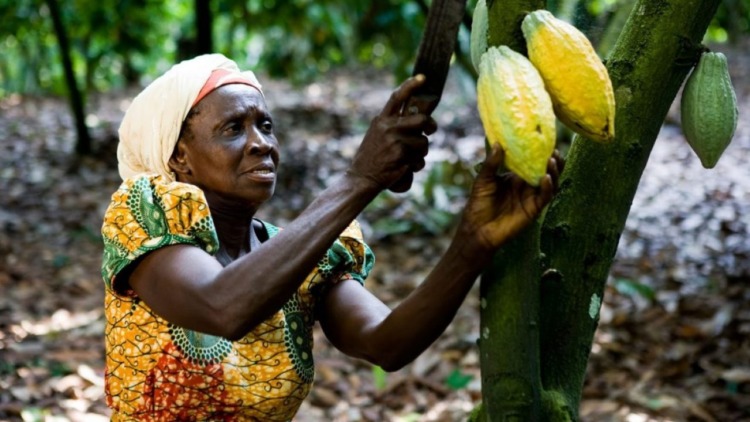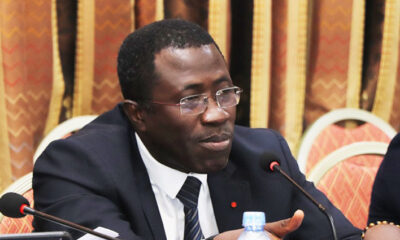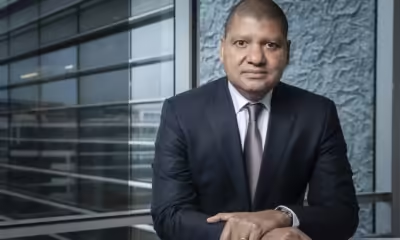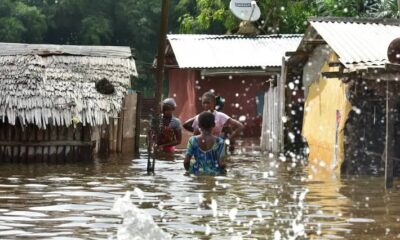According to two government sources on Friday, the government of Ivory Coast would provide extra assistance to small local cocoa exporters to enable them to more than quadruple their yearly purchasing volumes.
Ivorian exporters must contend with financially stable foreign competitors, as they have been unable to obtain funding from local banks due to financial issues.
The world’s largest producer of cocoa, Ivory Coast, produced 2.2 million tonnes of beans on average over the previous three years, with large multinational corporations handling about 80% of imports and exports.
The government will provide small exporters with subsidies of 10 billion CFA francs ($16.75 million) annually for the next four years, starting in October, when the new cocoa season begins. This will enable them to boost their purchases to 500,000 metric tonnes.
In the past, the government awarded about 3 billion CFA francs annually. This quantity made it possible for cooperatives and exporters to purchase and sell cocoa beans, enabling them to export between 150,000 and 200,000 tonnes annually.
“Our aim is to have national champions in the cocoa sector in order to increase their purchasing volumes, which represent less than 10% of our annual production,” said one of the sources, who works in the prime minister’s office.
According to the second source, a Ministry of Agriculture official, banks should be more inclined to lend money to small exporters because of this funding because they will be more stable financially.
Additionally, it must offer additional assistance as the European Union is ready to impose new rules on the import of goods connected to deforestation, which would intensify rivalry among exporters.
Although the subsidy was a kind gesture, the government needs to do more to make Ivorian businesses competitive with other exporters, according to Yves Brahima Kone, managing director of the Ivory Coast Coffee and Cocoa Council, the country’s regulatory body, who spoke with Reuters.
“If the government wants to achieve this goal, it will need to provide greater, more substantial and sustainable financial support. It’s possible, but it will require a larger subsidy,” Kone said.


 Sports2 days ago
Sports2 days ago
 Metro2 days ago
Metro2 days ago
 Metro24 hours ago
Metro24 hours ago
 Culture2 days ago
Culture2 days ago



































